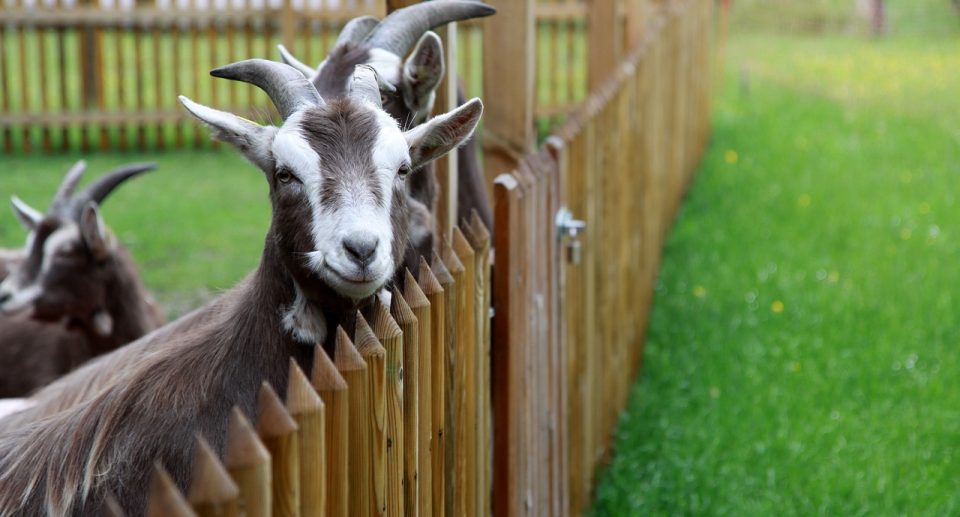How to Choose the Right Pet for Your Lifestyle as a Senior

Deciding to bring a pet into your life can be one of the most rewarding experiences, especially for seniors seeking companionship, emotional support, and joy. However, choosing a pet that fits your lifestyle, abilities, and living situation is crucial. Whether you’re looking for a furry friend to cuddle with or a lively companion to keep you active, this guide will help you select the right pet for your needs.
Assessing Your Lifestyle

Consider Your Activity Level
Before adopting a pet, think about your daily routine and activity level. Some pets require more physical activity and engagement than others. If you lead a relatively active lifestyle and enjoy outdoor activities, a dog may be a suitable companion, encouraging you to take daily walks. On the other hand, if you prefer a quieter home environment and less physical exertion, a cat or small pet may be more appropriate.
Evaluate Your Living Situation
Your living situation plays a significant role in determining the type of pet that will fit seamlessly into your life. If you live in an apartment or a smaller home, consider pets that require less space and minimal outdoor access. Cats, small dog breeds, or even small caged animals like rabbits or guinea pigs can thrive in smaller environments. Always ensure that your living space is pet-friendly and that you have permission from your landlord or community.
Understanding Your Needs

Health Considerations
As a senior, it’s essential to consider your health and any limitations you may have. Some pets require more physical care, while others may need less attention. If you have mobility issues, opt for a pet that is easier to care for. Cats, for example, do not require walks and can be litter-trained, making them a convenient option for those with mobility challenges.
Emotional Support
Consider the emotional support you seek from a pet. Many seniors find comfort in having a pet to care for, which can help reduce feelings of loneliness and depression. Dogs and cats are known for their companionship and can provide unconditional love and affection. On the other hand, small animals like hamsters or fish may not provide the same level of emotional interaction but can still be enjoyable and therapeutic to care for.
Evaluating Different Types of Pets
Dogs

Dogs are often referred to as “man’s best friend” for a reason. They offer loyalty, companionship, and opportunities for social interaction. When choosing a dog, consider the following:
- Size: Smaller breeds like Pugs, Shih Tzus, or Dachshunds may be more manageable than larger breeds, especially in smaller living spaces.
- Temperament: Look for breeds known for their calm and friendly demeanor. Consider adopting a dog that has already been trained or one that has a gentle temperament, making it easier to bond with and handle.
- Energy Level: Choose a dog whose energy level matches yours. If you prefer a more relaxed lifestyle, consider a low-energy breed that enjoys lounging and short walks.
Cats

Cats can be fantastic companions for seniors, offering affection and independence. Here are some factors to consider when choosing a cat:
- Age: Older cats often adapt well to a quieter lifestyle and require less training. They can be affectionate and love to curl up with you, making them wonderful companions.
- Personality: Each cat has a unique personality. Look for one that is friendly, sociable, and enjoys being around people. Many shelters can help you find a cat that fits your temperament and lifestyle.
Small Animals
If you desire a pet that requires less care, small animals like rabbits, guinea pigs, or hamsters may be ideal. Consider the following:
- Care Needs: Research the specific care requirements for small animals, including their habitat, diet, and social needs. Some may require more interaction and care than others.
- Space: Small pets need less space but still require a safe and comfortable environment. Ensure that you have a designated area for their habitat.
Fish

Fish can be a soothing presence in your home without the need for physical interaction. They require maintenance and care but are generally low-maintenance compared to other pets. When considering fish:
- Tank Size: Choose an appropriately sized tank based on the types of fish you wish to keep. Ensure the tank is easy to access for cleaning and maintenance.
- Fish Types: Research different species to determine which ones are best suited to your experience level and tank conditions. Some fish are hardier and easier to care for than others.
Making the Decision

Adoption vs. Buying
Consider adopting from local shelters or rescue organizations. Many pets in shelters need loving homes, and adoption can be a rewarding experience. The staff can help you find a pet that matches your lifestyle and provide valuable information about the pet’s background, temperament, and care requirements.
Preparing for Your New Pet
Before bringing a new pet home, ensure your living space is ready. Purchase the necessary supplies such as food, bedding, toys, and safety items. Create a comfortable and safe environment where your new pet can adjust and feel secure.
Conclusion

Choosing the right pet as a senior is an important decision that can greatly enhance your quality of life. By assessing your lifestyle, understanding your needs, and evaluating different types of pets, you can find a furry or scaly companion that fits seamlessly into your daily routine. Pets offer companionship, emotional support, and joy, making them invaluable additions to any home. With the right care and consideration, your new pet can bring happiness and fulfillment to your life for years to come.





